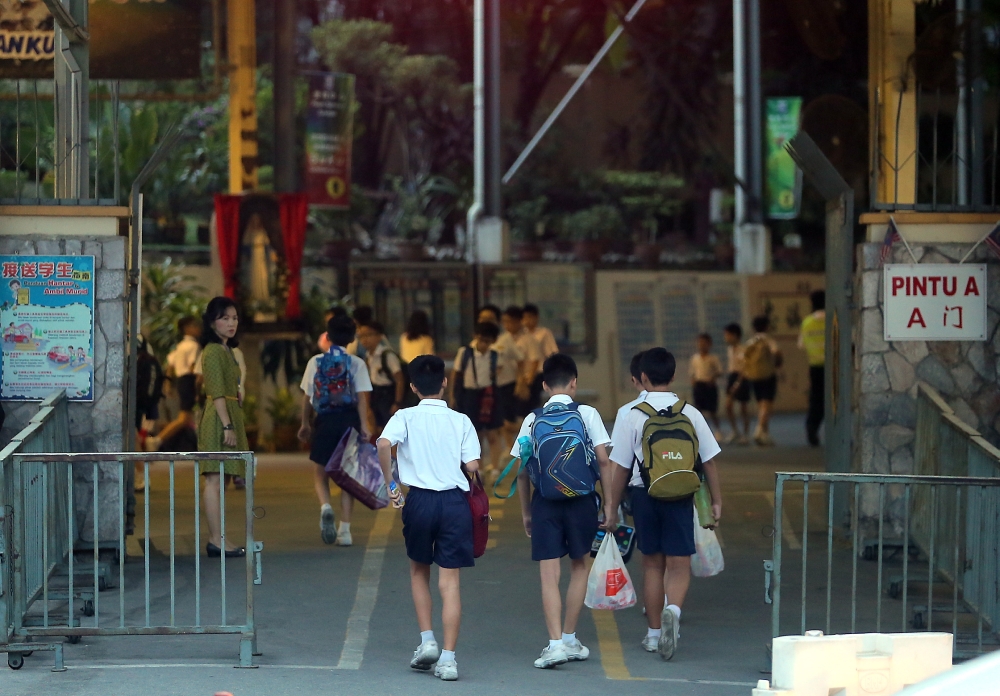KUALA LUMPUR, Jan 3 — A stateless 10-year-old girl who was denied schooling for the past year due to issues with her citizenship documentation has now been allowed back in school, her Malaysian father reportedly confirmed.
This new development came after the child wrote a letter to Prime Minister Datuk Seri Anwar Ibrahim for help to be allowed to continue her studies in primary school this year, and after her plight was highlighted by the media on December 28.
According to news portal Malaysiakini, the child’s father P. Rajheswaran today confirmed that the Negeri Sembilan Education Department (JPNS) had on December 28 asked them to go to its office, where they were told that his daughter “can return to school in the next school session” as the current school session would end in a month’s time.
“So, I accepted the JPNS proposal,” he was quoted saying, adding that the Negeri Sembilan Education Department also promised to resolve his child’s citizenship issue.
The third and current school session in Negeri Sembilan for the academic year 2023/2024 is from January 2 to February 9, followed by school holidays from February 10 to March 10.
The next school session in Negeri Sembilan is March 11, which will also be the first day of the new academic year 2024/2025.
This morning, the Education Ministry also said JPNS had on December 28 met with the family of the 10-year-old girl to find a solution to enable her to continue schooling as usual, adding that JPNS was committed to help with her registration in school, while also saying that several proposed solutions regarding her citizenship documentation issue were raised.
According to Malaysiakini, the girl was able to study three years at a national school in Senawang, Negeri Sembilan, but the school had in March 2023 said she could not proceed to Standard Four due to issues with her citizenship documentation.
The father was reported saying that his wife had separated from him after the girl was born in 2013, and that their marriage had not been registered with the National Registration Department (NRD).
The father said the girl’s birth certificate only carries her mother’s name, and that his name could not be recorded in the birth certificate as the child’s father as the marriage had not been registered.
As of June 2023, non-government organisation Development of Human Resources for Rural Areas (DHRRA) Malaysia said there were 8,223 individuals (which covers children born out of wedlock in Malaysia and children adopted by Malaysians) in its database who are still stateless and seeking recognition as Malaysian citizens.
The Federal Constitution’s citizenship provisions state that every person born in Malaysia and who has at least one Malaysian parent at the time of their birth would be entitled to be a Malaysian.
But the government has interpreted and applied another provision in the Federal Constitution to mean that a child who is born in Malaysia to a Malaysian father and non-Malaysian mother — before the marriage is registered — would be considered to be “illegitimate” and would not be able to be a Malaysian automatically. In court, the government frequently takes the position that such children born outside of a legally-registered marriage would have to take on the non-Malaysian mother’s citizenship.
Civil society has said such provisions are gender discriminatory, as it disallows Malaysian fathers from passing on their citizenship to their children born in Malaysia before a legal marriage. (Malaysian mothers are however allowed to pass on their citizenship to their children born in Malaysia before a legal marriage, due to how the citizenship laws are applied.)



















